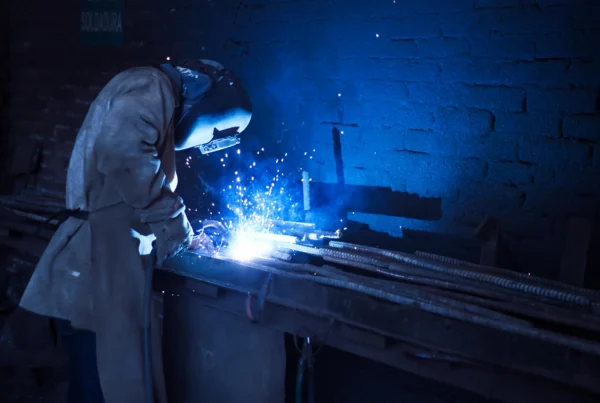The Future of Industrial Refrigeration: Trends and Innovations to Watch
The industrial refrigeration industry is rapidly evolving, driven by advancements in technology, increased focus on energy efficiency, and the growing demand for environmentally sustainable solutions. As companies look to stay competitive in a changing market, understanding the latest trends and innovations in refrigeration is crucial.
1. Energy Efficiency and Sustainability
One of the most significant trends shaping the future of industrial refrigeration is the push for energy efficiency and sustainability. With rising energy costs and stringent environmental regulations, companies are increasingly investing in systems that reduce energy consumption and minimize environmental impact. Innovations such as variable speed drives (VSDs) for compressors, high-efficiency heat exchangers, and advanced control systems are becoming more common as businesses seek to optimize their operations.
Additionally, the adoption of natural refrigerants like ammonia and CO2 is on the rise. These refrigerants offer lower global warming potential (GWP) and are seen as more sustainable alternatives to traditional synthetic refrigerants. As regulatory pressures increase, the shift towards natural refrigerants is expected to accelerate.
2. Smart Technology and IoT Integration
The integration of smart technology and the Internet of Things (IoT) is revolutionizing industrial refrigeration. IoT-enabled sensors and control systems allow for real-time monitoring and remote management of refrigeration systems. This technology provides valuable insights into system performance, enabling predictive maintenance and reducing the risk of unplanned downtime.
Smart refrigeration systems can also automatically adjust operating parameters based on real-time data, optimizing energy use and improving overall efficiency. As IoT technology continues to advance, we can expect even more sophisticated systems that offer greater control and flexibility.
3. Advanced Refrigeration Materials
Innovations in materials science are leading to the development of more durable and efficient refrigeration components. For example, new heat exchanger materials that offer better thermal conductivity and corrosion resistance are emerging. These materials not only improve the efficiency of refrigeration systems but also extend their lifespan, reducing the need for frequent replacements.
In addition, advancements in insulation materials are helping to reduce energy loss in refrigeration systems. High-performance insulation materials can significantly enhance the energy efficiency of cold storage facilities and other temperature-controlled environments.
4. Modular and Scalable Systems
The demand for modular and scalable refrigeration systems is growing as businesses seek flexible solutions that can adapt to changing needs. Modular systems allow for easy expansion or reconfiguration, making them ideal for businesses that anticipate growth or require customized refrigeration solutions. These systems also offer faster installation times and reduced downtime during upgrades or maintenance.
Scalable refrigeration systems are particularly beneficial for industries like food processing and pharmaceuticals, where refrigeration requirements can vary significantly depending on production volumes and storage needs.
5. Focus on Health and Safety
As the industrial refrigeration industry evolves, there is an increasing focus on health and safety. This includes not only the safe handling of refrigerants like ammonia but also the implementation of advanced safety features in refrigeration systems. For example, systems equipped with leak detection sensors, automated shutdown mechanisms, and enhanced ventilation systems are becoming more common.
Training and certification programs for personnel involved in refrigeration operations are also gaining importance. Ensuring that employees are knowledgeable about the latest safety protocols is essential for preventing accidents and maintaining a safe working environment.
Conclusion
The future of industrial refrigeration is shaped by trends and innovations that prioritize energy efficiency, sustainability, smart technology, and safety. By staying informed and adopting these advancements, companies can enhance their operations and stay competitive in an ever-changing market.
IR Pros designs, builds, and services industrial refrigeration systems and offers a wide variety of OEM parts for your business.


